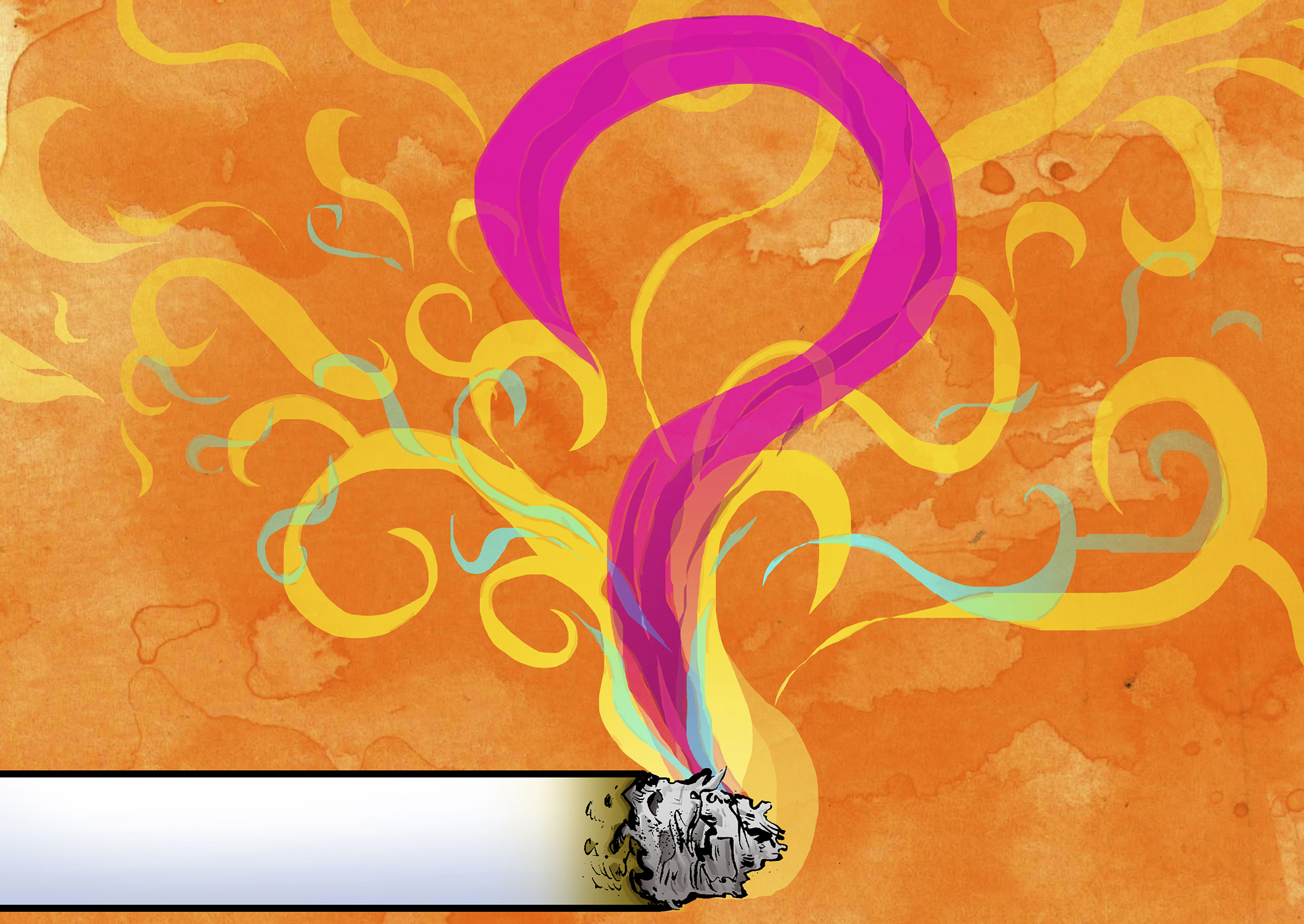Social justice advocates are raising a stink about the effects of a proposed smoking ban on Seattle’s poor.
Seattle Parks and Recreation will decide later this month whether to ban smoking tobacco throughout the city’s parks. Current rules require smokers to stay at least 25 feet away from other humans. While the benefits of a blanket ban to non-smokers are obvious, advocates at the Low Income Housing Institute and at the American Civil Liberties Union say it would unfairly target homeless people. In a letter to the city, LIHI’s Sharon Lee (whom we previously covered as a finalist to fill Sally Clark’s seat on the city council) called the proposed ban a “classic overreach and an offense to social justice.”
“There are already provisions that make it illegal to smoke in the park within 25 feet of a playground or other patrons,” she wrote. “This more comprehensive ban appears to target populations [i.e. the poor and homeless] that have few other places to go.” The exception allowing e-cigarettes, she says, underlines the ban’s discriminatory intent.
The ACLU’s Jennifer Shaw concurred, writing, “Although the Department asserts that the rule will be applied equally to all park users, it is clear that homeless people will be disparately impacted.” She points out that enforcement of laws against smoking pot in public have disproportionately affected homeless people because, well, where else are they supposed to smoke?
“Enforcement of this ban will impose a counterproductive financial burden on Seattle residents who already are homeless,” she added. “Most will be unable to pay the $27 fine, and the City will waste resources attempting to collect from them.”
According to Department of Parks and Recreation documents, the idea of nixing burnt nicotine in Seattle’s parks has been kicking around since 2010, when the current rule against smoking within 25 feet of another human was instituted. But the plan to ban got new life breathed into it this March, when Parks ‘n’ Rec released a memo recommending the exclusion of “cigars, cigarettes, hookahs, tobacco, or other smoking material, within all publically [sic] accessible portions of property under Parks’ jurisdiction.”
The ban would not apply to vape pens or e-cigarettes, which are more expensive than old-fashioned burning cigarettes.
Mayor Ed Murray has lauded the proposed ban on the grounds of public health, environmental cleanliness, and tourism. Research shows that cigarettes make a surprisingly large contribution to air pollution (in one study, three cigarettes burning in a room produced more air particulate than a diesel engine). The litter of cigarette butts are a common site in areas popular for smoking. Perhaps the strongest argument for the ban, though, is ease of enforcement: the current rule for restricting smoking depending on individual park-goers’ relative proximity to each other is much more difficult to enforce than a blanket ban.








